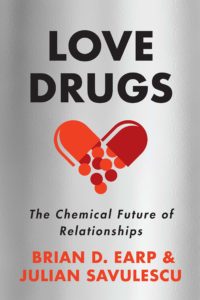Ecological Rationality: When Is Bias A Good Thing?
By Rebecca Brown
Many people will be broadly familiar with the ‘heuristics and biases’ (H&B) program of work, made prominent by the psychologists Amos Tversky and Daniel Kahneman in the 1970s. H&B developed alongside the new sub-discipline of Behavioural Economics, both detailing the ways in which human decision-makers deviate from what would be expected of homo economicus – an imaginary, perfectly rational being that always aims at maximising utility. For instance, in a famous experiment, Tversky and Kahneman gave people the following information (1983: 297):
Linda is 31 years old, single, outspoken and very bright. She majored in philosophy. As a student, she was deeply concerned with issues of discrimination and social justice, and also participated in anti-nuclear demonstrations.
Participants were then asked which of the two alternatives was more probable:
1. Linda is a bank teller.
2. Linda is a bank teller and is active in the feminist movement.
Read More »Ecological Rationality: When Is Bias A Good Thing?

